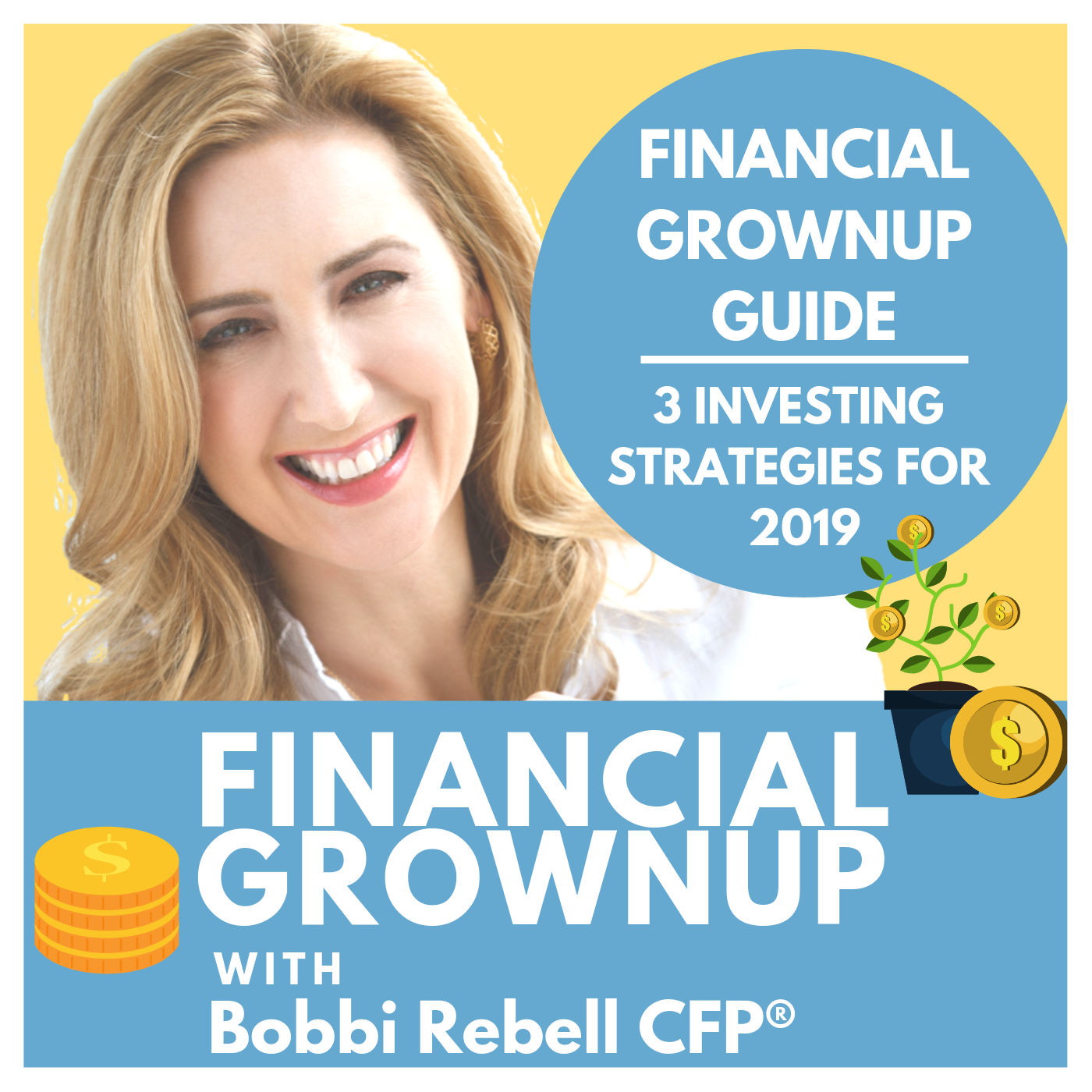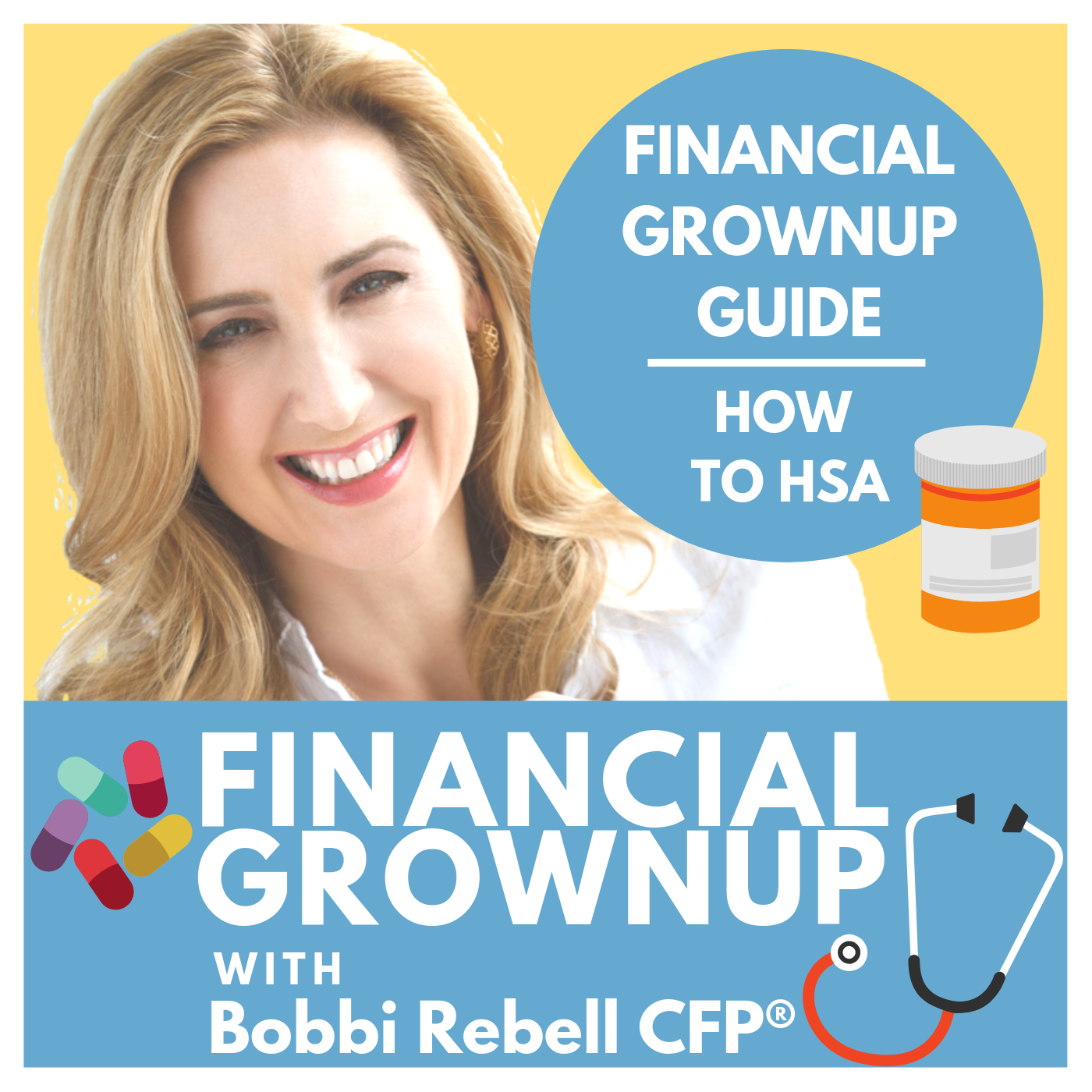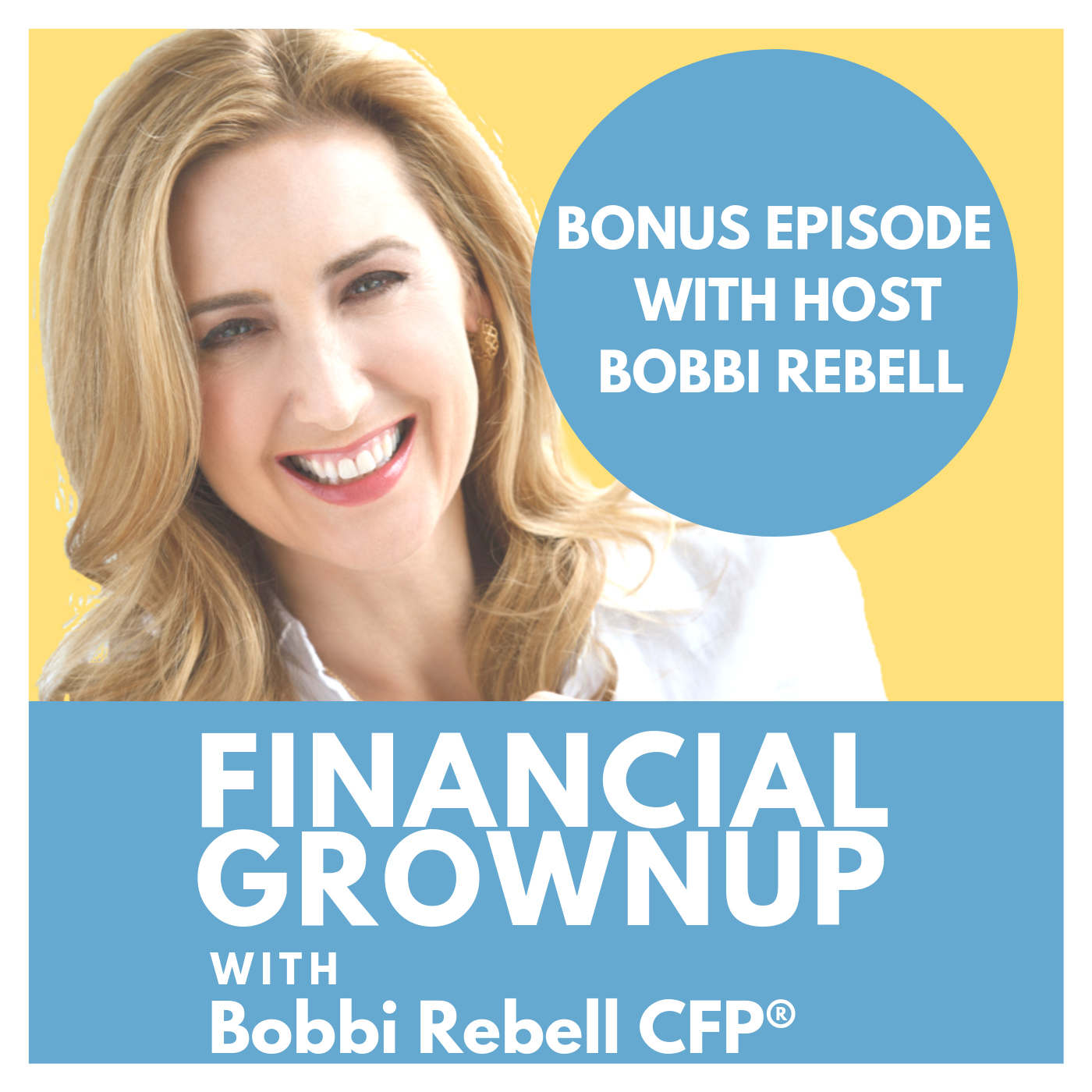3 dumb things smart people do with their money
How to avoid taking advice from the wrong people- and how to find the right trusted sources.
How to protect yourself from identity theft, and avoid doing the dumb things that make you vulnerable.
How to both avoid spending money on the wrong insurance, and how to know what insurance you do need. Plus how to adjust your insurance as you go through different life stages as a financial grownup.
Episode Links:
Jill’s book Dumb Things Smart People Do With Their Money
Website - Jill on Money
Jill on Money podcast
Follow Jill!
Twitter - @JillonMoney
Facebook - @JillonMoney
Instagram - @JillonMoney
LinkedIn - @JillonMoney
Some of the links in this post are affiliate links. This means if you click on the link and purchase the item, I will receive an affiliate commission at no extra cost to you. All opinions remain my own.































